This J. Kenji Lopez-Alt peice for Serious Eats is excellent. It’s meant as a guide for raising a child around food, but I use a lot of these techniques all the time. Mostly in introducing my friends and family to new vegan items or ways that plant-based things can be substituted in dishes people are already making.
Don’t Use Negative Words About Food
Bingo. Simple. I try to only show meat-eaters delicious things. It’s okay if they don’t like it, but I’m always trying to use language that makes the food approachable and appealing to them.
Let Them Taste Everything
This is probably the most important tip. If I go to a restaurant and I know they have an incredible vegan thing on the menu, I offer folks around me a bite — and if there are lots of people at the table, I might even order another of that dish. I want to share. Sharing takes the risk off of them and let’s them live out the dim-sum-tapas lifestyle we all dream of.
Encourage Thoughtful Eating
[…]
It engages all the senses—kids can feel texture, taste flavor, smell aroma, look at color, and listen to the sounds of cooking and eating—and it comes with built-in stories, whether those stories are just about how it got from the supermarket to the table, or the actual history of the dish.
When I’m showing off new vegan foods, how I prepare it and pair it is a massive part of it.
Don’t Worry Too Much
If there’s one guaranteed way to get my daughter to stop eating, it’s to upset her.
And this is the biggest one. I try to not upset my table. I think most vegans I know are afraid of the p-word, aka being called preachy. And I don’t want to preach to the dinner table. Often one person will ask, “Why are you vegan?” and I’m happy to answer that question — but it’s difficult in a group setting. In my experience, people don’t love talking about how animals get to their plates, and — being honest — I don’t either. Although most might be comfortable with my answer, I don’t want to make anyone feel bad about the food they just ordered that hasn’t arrived at the table yet. And I also don’t want to engage anyone whose hangry-ness might be flaring up.
My go-to answer is a joke because I want people to feel at ease. When people ask why I’m vegan, I usually say because I like being the most difficult person in the room.
Start Them Young!
I liken this to expecting some folks might be a bit more thorny when you first approach them. I’ve had many friends who immediately became defensive when they found out I was vegan. For some, just hearing that someone doesn’t eat meat seemed to make them uncomfortable. It became an immediate one-way interrogation, but that was okay. It’s a little weird when people come at you like that, but it’s something we can all handle. And, I think if we handle it well, it often changes their tune. One of my friends, who early on had been defensive, now asks me to cook my vegan mac n’ cheese for them every time they see me.
Essentially, I use this advice to mean the earlier you introduce vegan food to their life the sooner they’ll be receptive. This has been the case with almost all of my friends and family. Initially, it’s fear then apprehensive then they try something delicious and it’s “oh, this is vegan?!“. It just happens slowly. Give everyone time to learn new ideas and change their mind.
